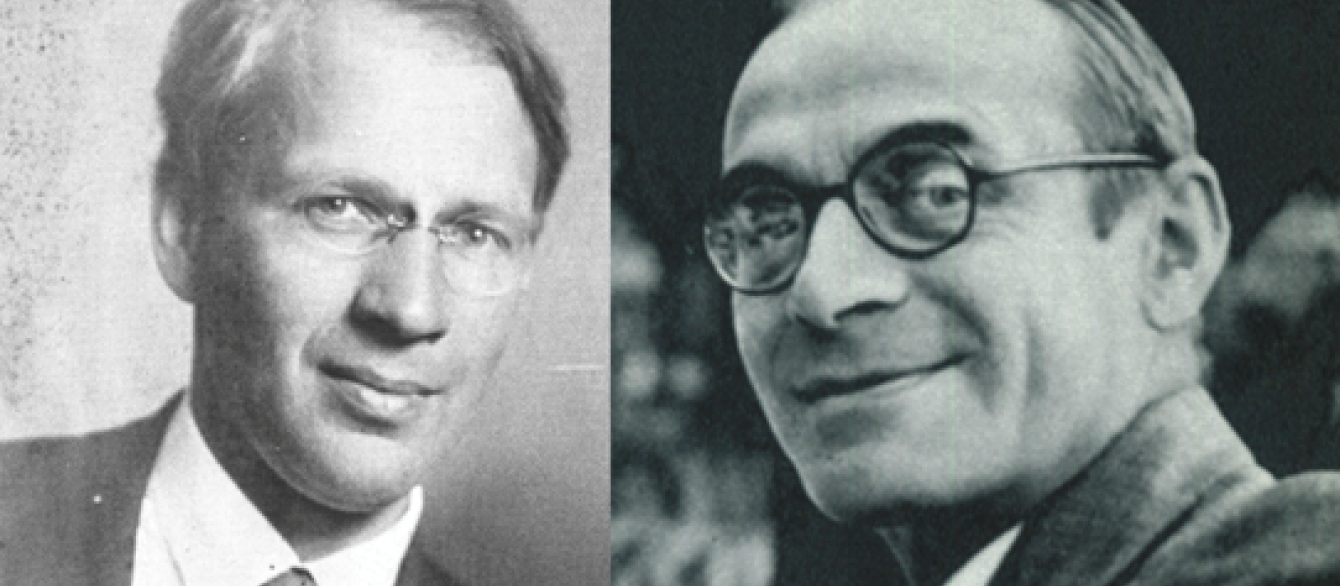Though the names Evsei Shor and Rudolf Roeßler are known only to specialists (of the Russian emigration, anti-Nazi resistance, and international espionage), they were major cultural figures, and their voluminous correspondence is an unwavering testimony to humanist values during an inhuman era. A Russian Jew, Shor emigrated to Germany in 1923 as the secretary of the artist Wassily Kandinsky. He spent the years 1924–31 studying philosophy in Freiburg with Husserl and Heidegger and translating Russian émigré philosophers into German. In 1932, he moved to Berlin, where he befriended Roeßler, the protestant director of the German national theater organization (Bühnenvolksbund) and its publishing arm (the Bühnenvolksbundverlag) until it fell victim to the Nazis. In November 1933 Shor left Germany for Italy and, a year later, for Palestine, where he spent the last four decades of his life. (His papers, including the correspondence with Roeßler, ended up in Jerusalem’s Jewish National and University Library.) In April 1934 Roeßler emigrated to Switzerland to found the Vita Nova Verlag, an anti-Nazi publishing house, for which Shor served as sounding-board, advisor, and author. As the Nazi conquest of Europe progressed, the potential market for Roeßler’s books dried up, and he changed his primary field of activity from publishing to espionage, becoming the main conduit for transferring German military plans to the Soviets. Based primarily on their correspondence, the presentation will concern some of the Vita Nova’s attempts to break through the Nazi propaganda machine, including a multi-authored book on the dangers of anti-Semitism, several volumes of Nikolai Berdiaev’s philosophy, and Walter Benjamin’s Deutsche Menschen.
Sponsorship
Cosponsored by the Davis Center for Russian and Eurasian Studies and the Center for Jewish Studies at Harvard University. The Project on Russian and Eurasian Jewry has been made possible with the generous support of Genesis Philanthropy Group.
Accessibility
The Davis Center for Russian and Eurasian Studies at Harvard University encourages persons with disabilities to participate in its programs and activities. If you anticipate needing any type of accommodation or have questions about the physical access provided, please contact us at 617-495-4037 or daviscenter@fas.harvard.edu in advance of your participation or visit.
Requests for Sign Language interpreters and/or CART providers should be made at least two weeks in advance if possible. Please note that the Davis Center will make every effort to secure services but that services are subject to availability.




